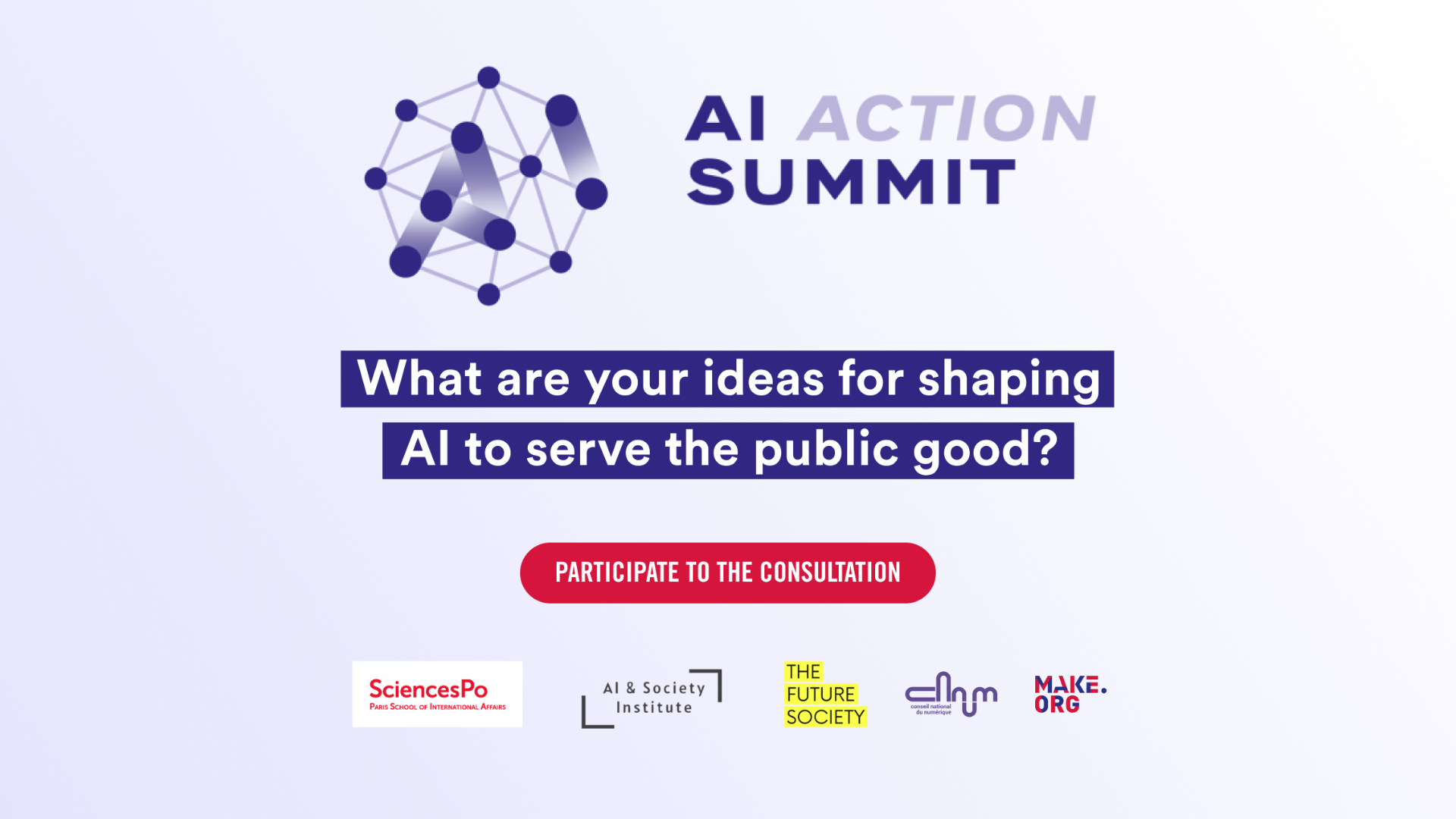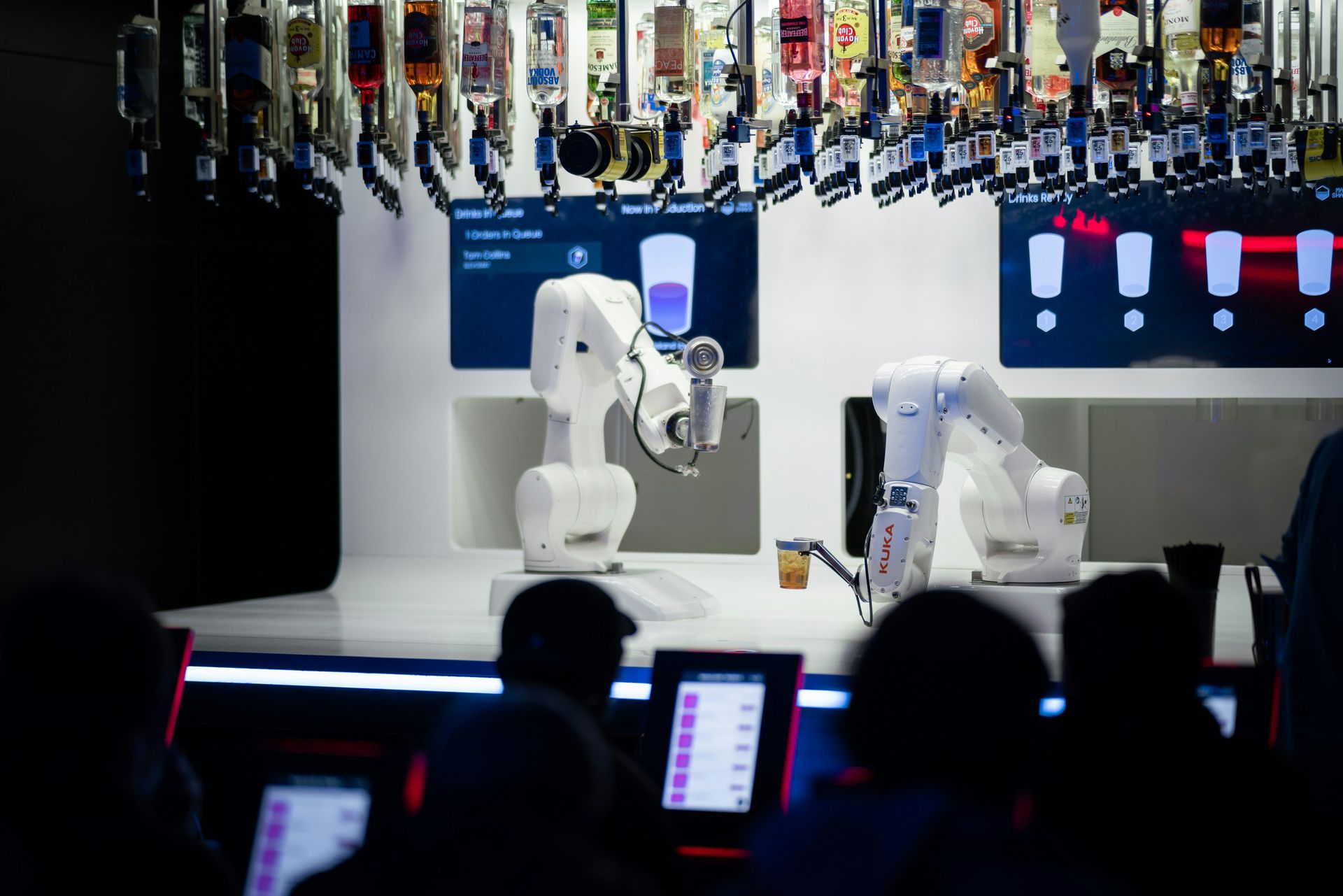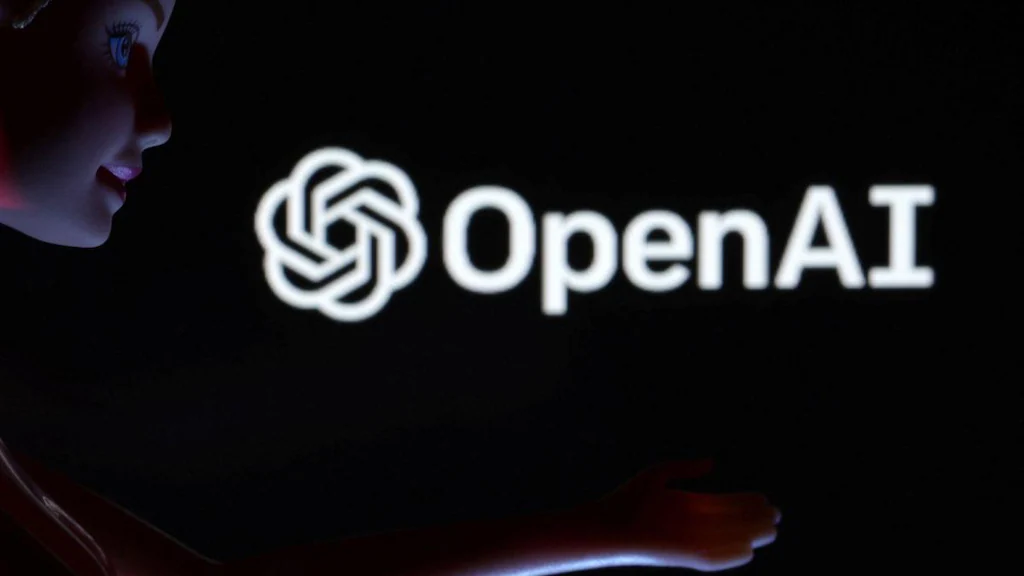Strengthening Europe’s Role in AI Leadership
France is hosting the AI Action Summit on February 10-11, aiming to position Europe as a global leader in artificial intelligence. The event builds on momentum from similar gatherings, including the UK’s summit at Bletchley Park in November 2023 and South Korea’s conference in Seoul last May. This summit will bring together global leaders, businesses, and international organizations to highlight the importance of trust, ethical standards, and the potential of AI in driving societal, economic, and environmental benefits.
The summit’s objectives include creating a global platform for AI capacity building, promoting sustainable AI through shared information and standards, and clarifying the landscape of global and bilateral AI initiatives.
Collaborative Initiatives Driving Global AI Policy
Five working groups have been established to tackle key aspects of AI development:
- Public Interest AI: Led by Brazil and Morocco.
- Future of Work: Guided by Italy.
- Innovation and Culture: Managed by the European Commission.
- Trust in AI: Jointly overseen by South Korea and the UK.
- Global Governance of AI: Directed by India and Canada.
These groups aim to foster innovation while maintaining public trust and ethical use of AI.
Implementing Europe’s AI Act and Global Commitments
Europe continues to advance its regulatory framework with the EU AI Act, the first global legislation to regulate AI based on societal risk. Some provisions, such as obligations for general-purpose AI models, will take effect in August 2024, with full applicability by 2027. To ensure compliance, the European Commission is establishing an AI office to serve as the bloc’s central hub for expertise and enforcement.
Other nations are also making strides. The UK recently achieved a groundbreaking agreement to mitigate catastrophic AI risks, while countries like the US, Japan, and Canada committed to expanding AI safety research during the Seoul summit.






